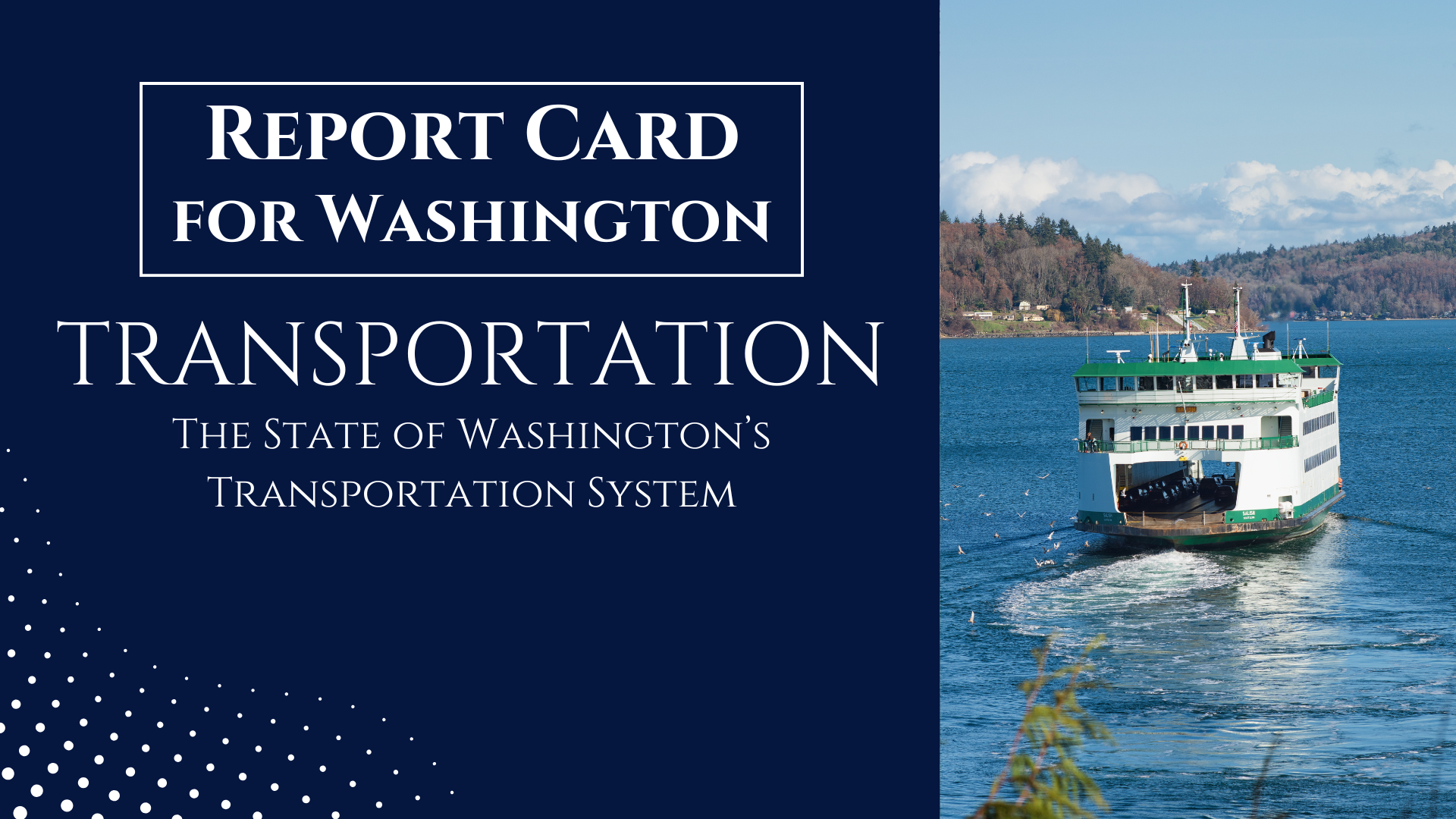Related Articles
For the second time in two weeks, snowfall has closed Snoqualmie Pass. The Washington State Department of Transportation’s (WSDOT) warnings that this could be a rough winter due to staffing shortages, exacerbated by the Governor’s vaccine mandate, appear to be coming true. To understand how impactful, we can look at how last week’s closure fits with past history.
We’ve had some time to process last week’s early season closure on I-90. Unfortunately, until the Washington State Department of Transportation (WSDOT) provides additional information, it will remain unclear how much the vaccine mandate and the subsequent firings at WSDOT contributed to the pass closure and the delays.
We do know that WSDOT warned us there would be more problems than usual, saying “in October, we had some staff leave the agency due to the state vaccine mandate – 5.9 percent agency-wide – which affected the already-low winter operations numbers.”
In a November 5th Facebook post, the agency posted, “Yes, our crews will be plowing highways. They'll be working hard to keep up as best as possible. No, it won't be the same level of service as the past. We typically have about 1,500 people in jobs tied most directly to winter, and this year we have 1,200. That means that some roads may not be plowed as frequently as years past and some closures may last longer. So it's vital that everyone be sure they and their vehicle are prepared before heading out.”
Further, while the agency has been dealing with COVID impacts for over a year, it was only after the vaccine mandate was announced in early August that we started hearing reports from the agency about service delays, ferry service cuts, and rest areas being shut down.
Snoqualmie Pass has closed in previous years in October and November, so this is not entirely unusual. In 2020, the pass closed on November 10th for about six hours, and in 2019, the pass closed on October 19th for a little under an hour. Both last year and this year’s November closure had similar levels of snowfall.
Snow levels are not the only indicator we should look at. It would be helpful to know the type of collisions, spinouts and other incidents that WSDOT had to deal with, including the types of vehicles involved. Additionally, WSDOT should share how many snowplows and staff were deployed in previous years compared to this year.
Per WSDOT’s presentation to lawmakers a couple weeks ago, we know that the agency is down 293 winter ops positions compared to the same time in 2019. How much of this would the agency attribute to the vaccine mandate (people taking sick leave, quitting, retiring, being fired, etc.)?
These are just a few of the questions WSDOT and the Governor should answer for the public, since WSDOT’s lower service levels create serious concerns about public safety and supply chain delays.
As the agency is working to hire new staff, the Governor should consider removing the vaccine mandate to give WSDOT and other cabinet agencies a larger pool of prospective employees to hire. For example, state Parks, which had an agreement with WSDOT to have Sno-Park areas serviced by WSDOT’s snowplows, has to look for contractors to plow and clear parks this winter. Because WSDOT is operating with fewer staff than in previous years due to COVID, they are unable to share their plows, which they say have to be prioritized for I-90. Interestingly, the parks department has indicated “proof of COVID vaccination is not required for this contract work.”

The state parks department recognizes that vaccination is not needed to do this work. The Governor needs to free up WSDOT to be able to do the same.
WSDOT admits the mandate and the firings are having an impact, and with two early examples of the potential problems, the governor and the agency need to adjust to the situation rather than stubbornly sticking to a policy they, and others, admit is counterproductive.





